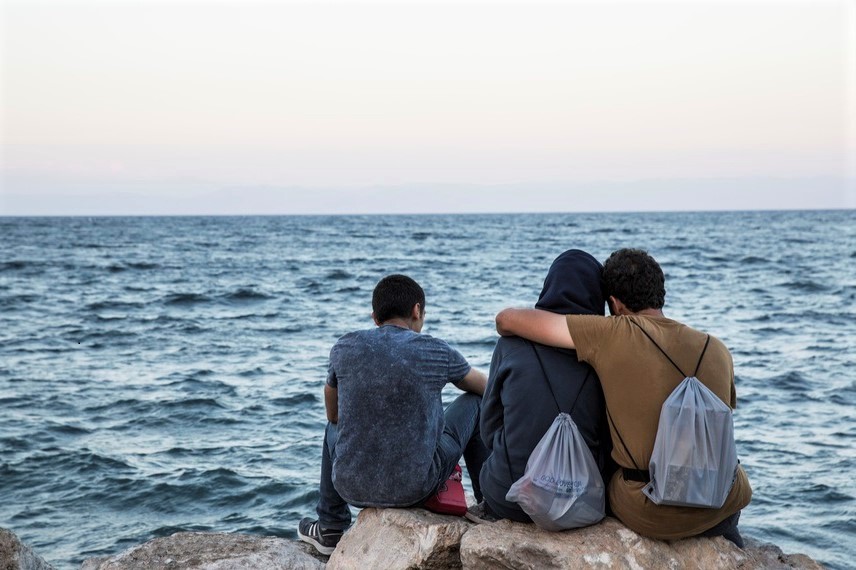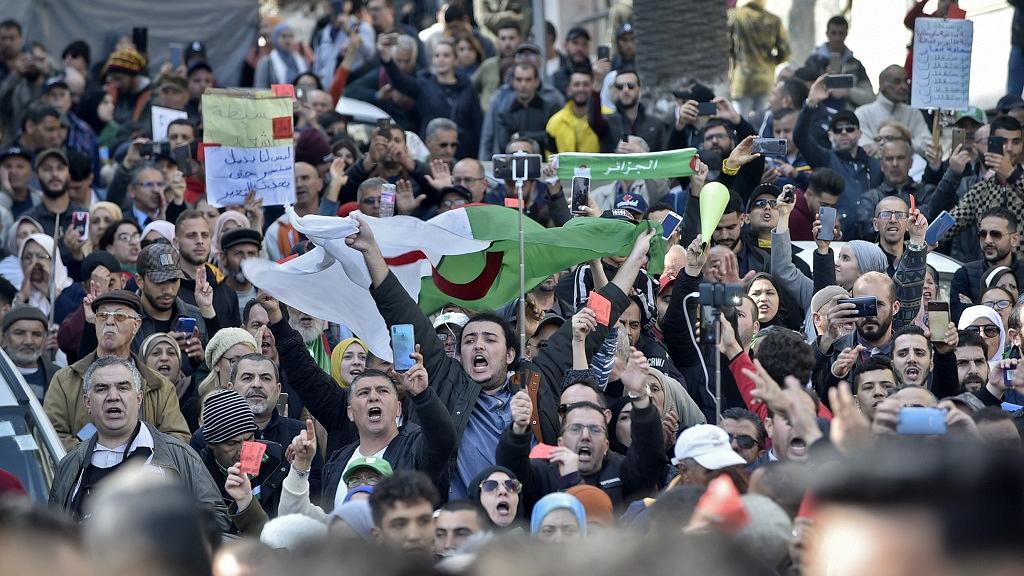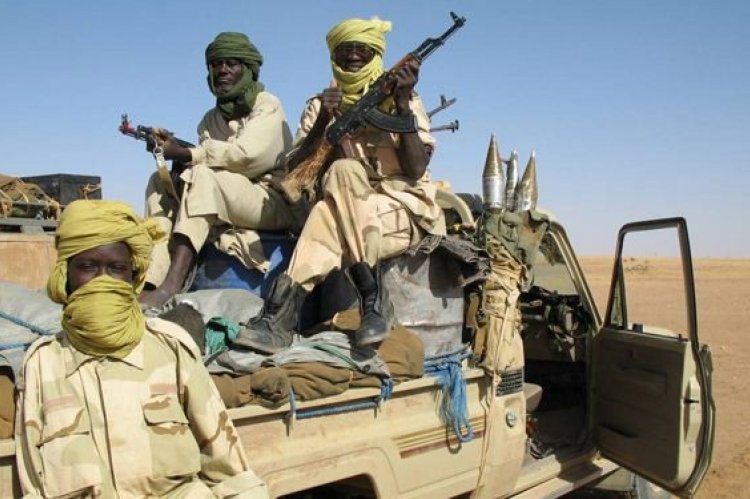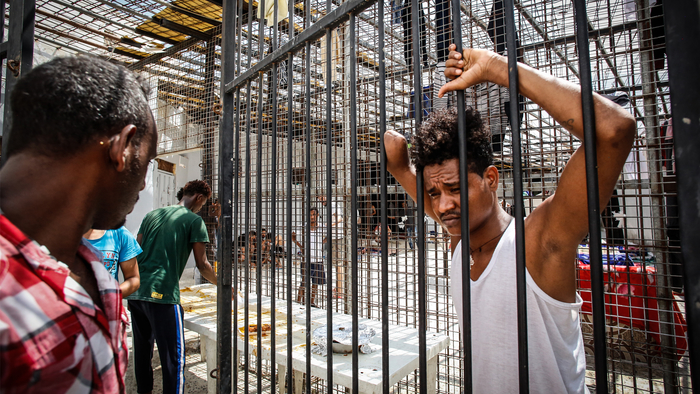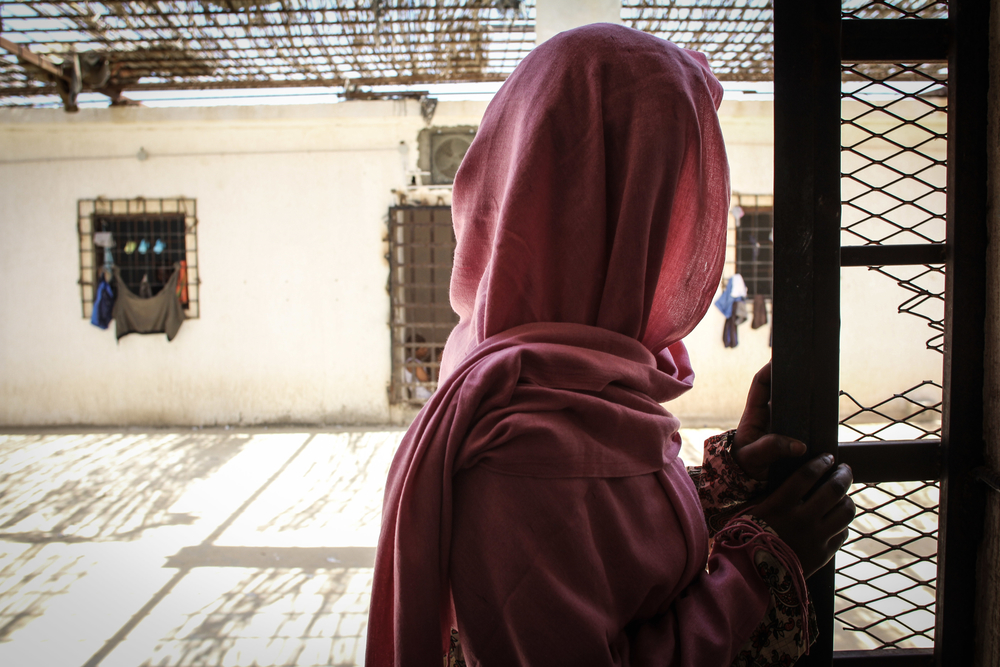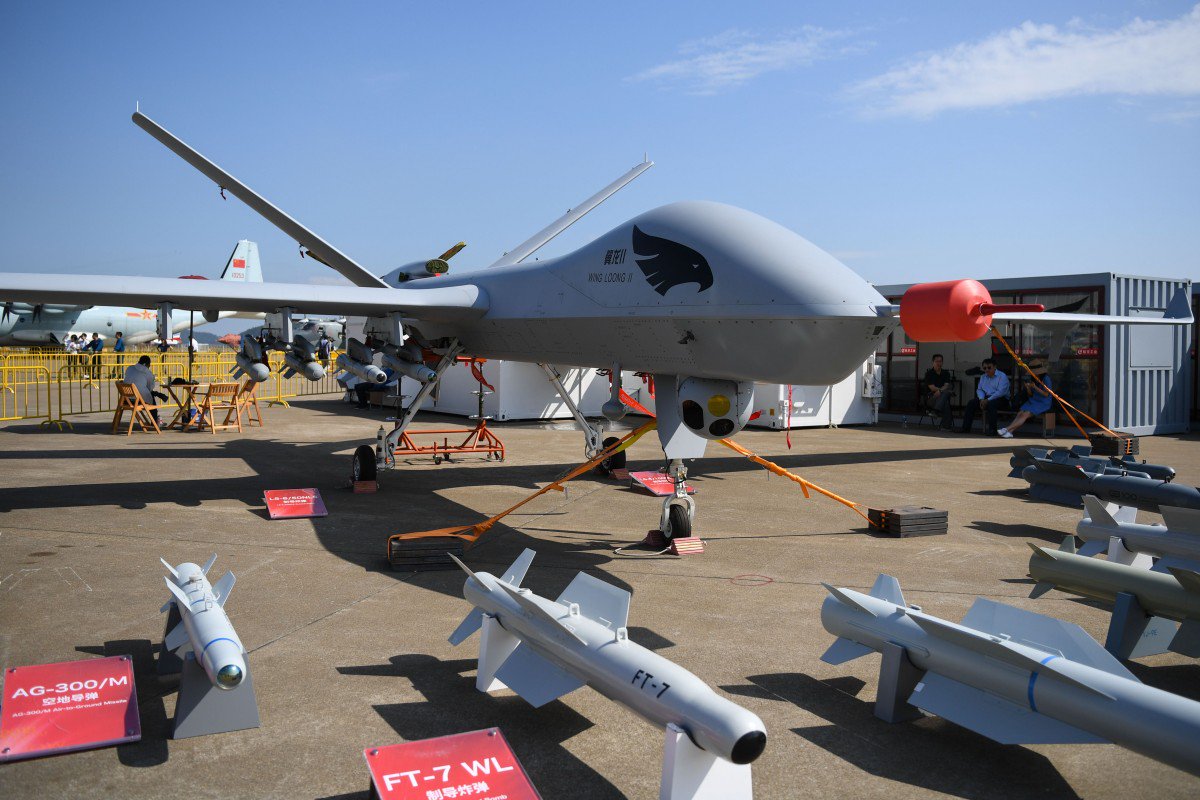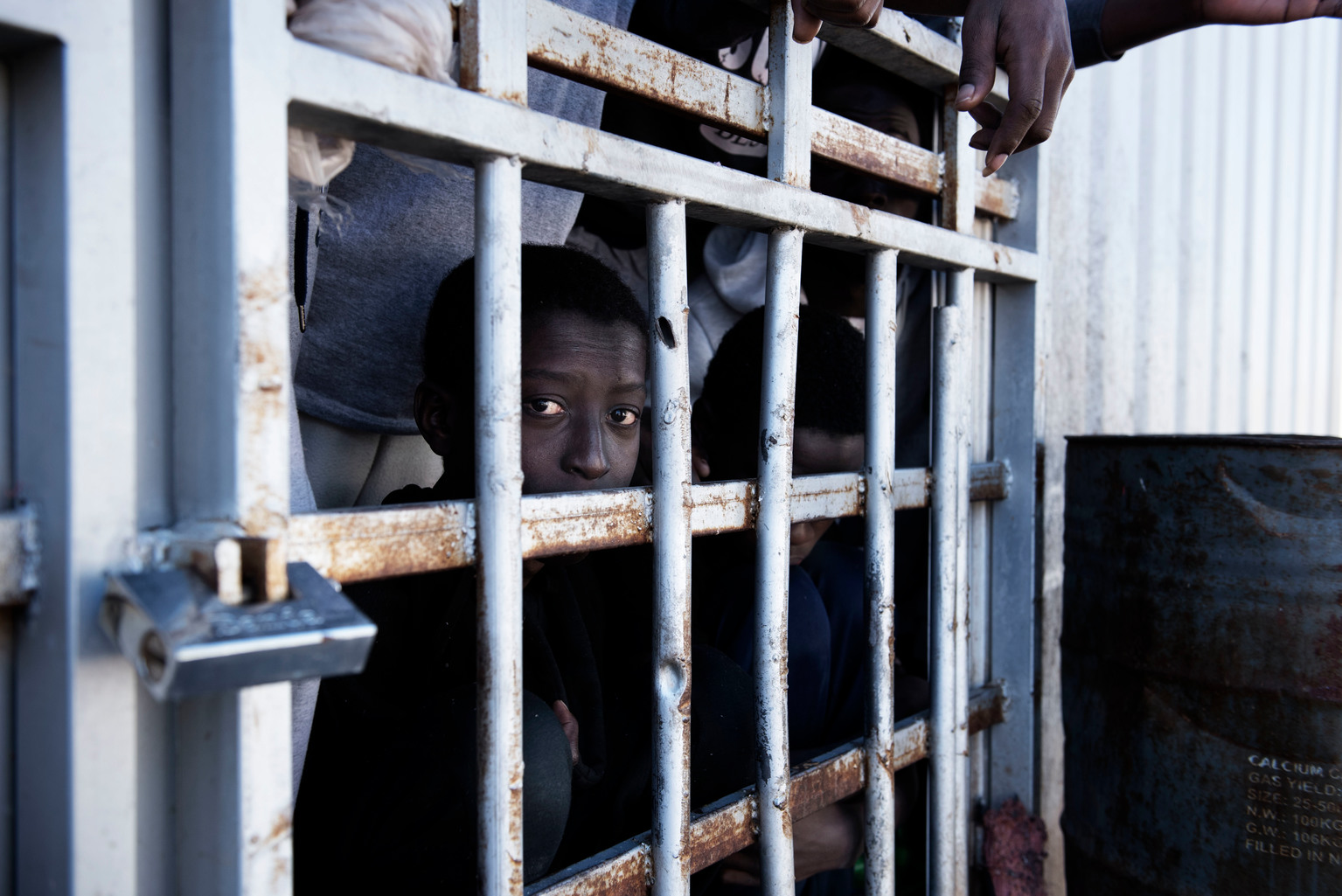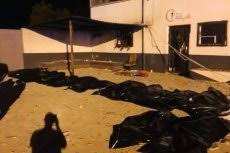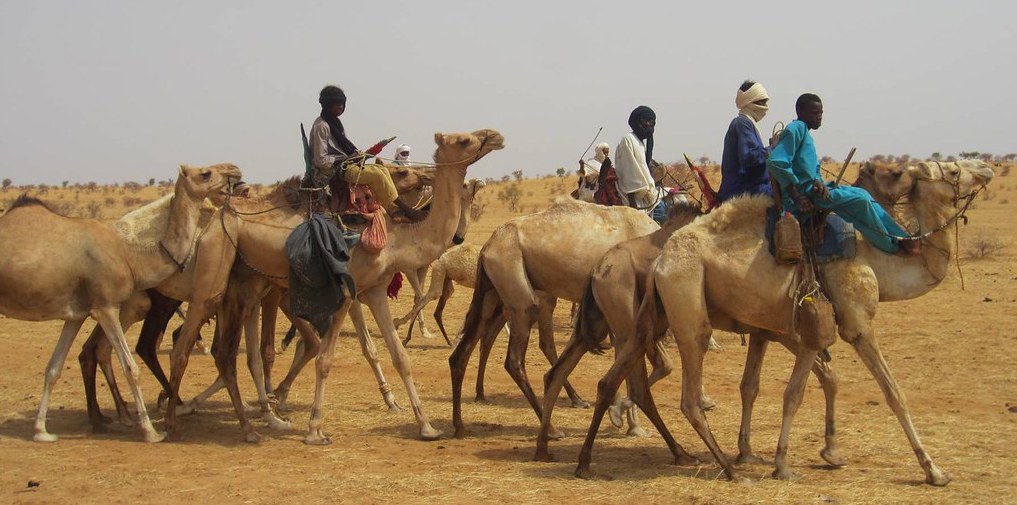
Deadly attack on Niger refugee camp
More than a thousand people are on the run following a brutal attack on a camp for refugees and displaced persons in western Niger. Three were killed and several others wounded as over 50 gunmen on motorbikes swarmed into the camp at Intikane village, near the Malian border. The camp housed some 20,000 refugees from Mali and an additional 15,000 internally displaced persons from within Niger, including many ethnic Tuaregs, who have fled fighting in their own communities. In addition to killing three, the assailants torched food supplies and other aid. They also destroyed mobile phone towers and the main water pumping station and pipes. Although no group has been named in the attack, numerous armed factions with links to either al-Qaeda or ISIS have been mounting an insurgency across the Sahel over the past years, despite the presence of thousands of regional and foreign troops in a multinational military campaign to suppress them. (Photo: UNHCR via Flickr)



